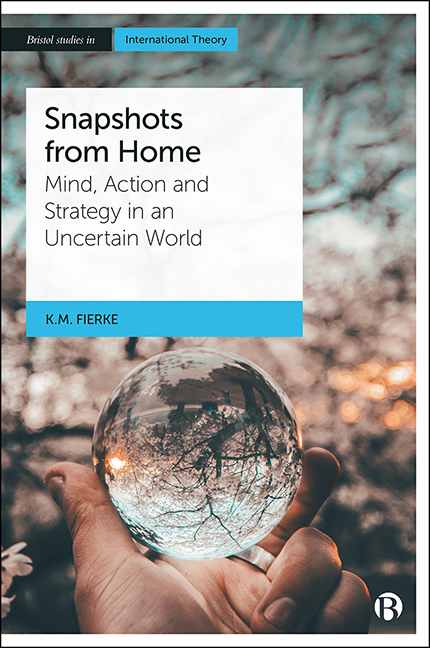2 - Mind/No-Mind
Published online by Cambridge University Press: 15 September 2022
Summary
Ceasing the proliferation of concepts is one objective of Buddhist meditation. Such a cessation is not purely mysticism; it is bound up with action in the world. The latter point is evident in the historical relationship between practices of meditation and war. Yoga, while not itself related to fighting, includes postures and breathing techniques that have been incorporated into the Indian martial arts (Kumar, 2017), both of which draw from the Vedas and are formed by the same basic principles. There is a long history of Buddhist monks who took up arms, including the warrior Shaolin monks, the Zen Buddhist warrior monks in Japan, who influenced Bushido culture, and in contemporary Southeast Asia, monks in the Theravada tradition (see, for instance, Jerryson and Juergensmeyer, 2010; Lehr, 2019). Meditation has an important place in ancient Daoist military practice (Meyer, 2012), and Tai Chi, a form of moving meditation, has its roots in the martial arts with foundations in Daoist teaching. As will be explored in Snapshot 4, ancient military strategy in China makes reference to practices of meditation in the context of battle. The historical relationship between the practice of war and of meditation is not obvious, but rests on a complex and paradoxical relationship between mind and ethics.
Meditation, as an ancient science of mind, seeks a greater understanding of an underlying reality and the realization of compassion on earth. Killing, except perhaps on compassionate grounds, would seem to be contrary to the latter objective. Nonviolence is at the heart of Buddhism in particular. The Buddhist warrior would thus appear to be a contradiction in terms. Within Buddhism, as Demieville (Jerryson and Juergensmeyer, 2010: 18) notes, ‘nothing is more worthy than not-killing.’ Murder is the first and most serious of ten major sins on what is referred to as ‘negative paths of karma’. Killing is a part of warfare.
Within Mahayana Buddhism in particular, murder, suicide, self-sacrifice or warfare can be justified in exceptional circumstances so long as carried out with the right intention and without generating a harmful attitude. A conception of mind is at the centre of this ethical paradox.
- Type
- Chapter
- Information
- Snapshots from HomeMind, Action and Strategy in an Uncertain World, pp. 85 - 110Publisher: Bristol University PressPrint publication year: 2022



